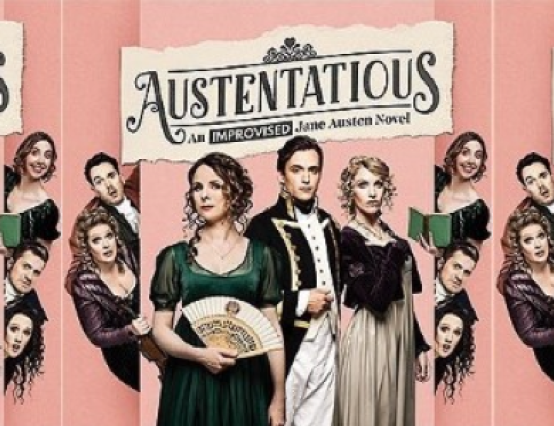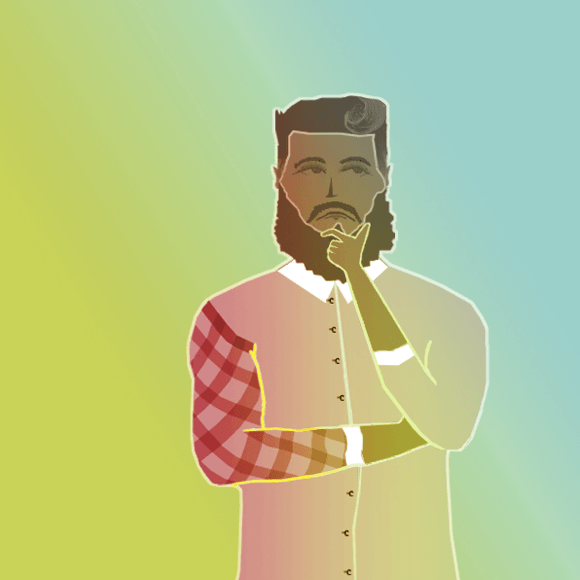Keep calm and carry on. A British ethos in times of peace, and even more so in times of crisis. “They never complained about blackout blinds and rationing”, a scolding teacher may reprimand, or “No-one ever refused to wear a gas mask”, a preaching stranger may offer up in Tesco’s. But while we look back on World War Two as an era of stoicism, patriotism, and perseverance, bemoaning the weakness and dissidence of the modern British public, we forget that the myth of the Blitz spirit has been molded by propagandic forces into a highly exaggerated example of perfection, one far from reality. Invoking the spirit of the Blitz during coronavirus is beyond unhelpful. It’s downright false.
In fact, they did complain about blackout blinds. They did try to evade rationing. And they certainly weren’t all that great about following laws over gas masks. Just as the wartime government used propaganda about the Blitz spirit to encourage obedience, so too is the current government to achieve a similar thing today. But that doesn’t mean morale has ever been as high as those in power claim.
Historian Alexander Calder theorised that the wartime government misinterpreted the public’s ‘grim willingness to continue’ – their attendance at school and work, their presence on the streets and at the shops – as morale, instead of as a means of survival. Diaries and letters from the time show fear, desperation, frustration; emotions far more recognisable in the public today. Even the famous photograph of a milkman carrying his wares through a bombsite – an icon of Blitz determination – was actually staged by the photographer’s assistant. And as for anti-maskers, their forefathers were clearly around during the time of gas masks too. George Orwell himself was outspoken on the matter, claiming that only 20% of Londoners carried gas masks in 1940, and that they were looked down on by the other 80% as the “ultra-cautious types, the suburban rate-payer type”.
So should we really be idolising and invoking the Blitz spirit during coronavirus? One could argue that the tradition of complaints, non-compliance, and irritation has already been continued by the modern public. In fact, while nearly one million people had been prosecuted by the end of the war for lighting offences, only twenty thousand fixed public notices have been issued during coronavirus. Whether this is due to slackened policing or increased compliance, it is clear that the image of a patriotic and obedient 1940s public has been largely misconstrued.
But that doesn’t mean we should simply accept the discordant ways of humankind. Just because the Blitz spirit is an exaggerated narrative, doesn’t mean it’s void of truth altogether. And the past can still hold lessons, it can still hold hope. Shellshock did not, as feared, invade the domestic lives of Londoners, suicides and drunkenness surprisingly decreased. People did, in the end, manage to “carry on”, even if they weren’t all as “calm” as the slogan suggested. And beyond all else, society did manage to recover. After all, if you truly want an image of hope, simply look up the VE day parties that were held in 1945.
So maybe we shouldn’t be elevating the past into a preaching narrative, one meant to berate the modern public. Maybe instead we should be using the past to prove that, in times of crisis, people are still only people. They struggle mentally, they disobey orders at the expense of public safety, they complain and cry and brawl and despair. But they also survive, and they also recover, and they enjoy life once again when the crisis is finally over.
And that is the lesson we can take from the past – not a false tale of endless morale, but a human tale of disaster and redemption.









0 Comments